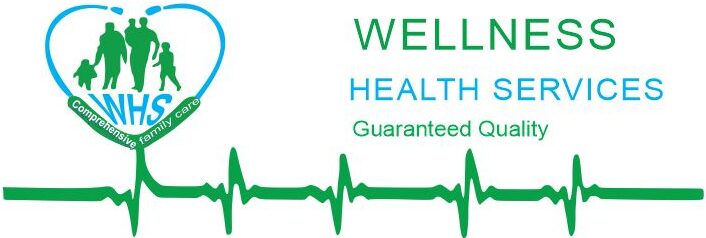”
“Did you know loneliness can be more deadly than smoking 15 cigarettes a day? And that one simple connection—like being in a strong marriage—can lower your risk of heart disease, stroke, and even cancer?”
Let’s talk about a medicine most doctors forget to prescribe—the human connection.
💡 What Are Social Connections?
Social connections refer to the relationships and interactions we have with others. These include:
- Family bonds
- Friendships
- Romantic partnerships
- Faith and community groups
- Colleague relationships
They are not just emotional experiences—they are biological necessities.
🧩 Types of Social Connections
- Emotional connections – deep bonds like family, spouses, or best friends
- Instrumental connections – people who support you through tasks (co-workers, neighbors)
- Informational connections – mentors, teachers, or online groups
- Companionship – casual social ties like gym buddies, book clubs
- Spiritual/religious – shared beliefs and rituals creating community and identity
🧬 Why Social Connections Matter to Your Health
Scientific evidence shows that strong social ties are as crucial to your survival as food, water, and air. Here’s how:
- ❤️ Heart Health: People with strong relationships have 50% lower risk of heart attack and stroke.
- 🧠 Brain Function: Socially connected people have slower rates of memory loss and dementia.
- ⚖️ Hormones & Immunity: Connection reduces cortisol (stress hormone) and boosts immune response.
- 🔬 Longevity: A landmark study by Holt-Lunstad et al. found that strong social ties increase lifespan just like quitting smoking or exercising.
- 🦠 Disease Recovery: Post-surgery recovery is faster and hospital stays are shorter in those with emotional support.
💍 Marriage & Health: The Power of the Vow
Among all relationships, heterosexual marriage—when emotionally healthy—shows the strongest links to physical and mental well-being.
✅ Benefits of Stable Heterosexual Marriage:
- 📉 Lower blood pressure
- 💪 Reduced risk of metabolic syndrome
- 🧘♂️ Better mental health, less depression
- 🧬 Lower inflammation markers (CRP)
- ⛑️ Faster wound healing
- 🚑 Fewer hospital admissions and lower mortality risk
Why? Possibly because it blends emotional, physical, spiritual, and social intimacy—all in one. Studies suggest it often encourages healthier behaviors, shared responsibility, and life purpose—particularly among men.
NOTE: The quality of the marriage is the true health driver—not just the label. Toxic marriages harm more than they help.
😨 The Danger of Disconnection
When we lack meaningful relationships, the consequences are stark:
- 🚨 29% increased risk of heart disease
- 🚨 32% increased risk of stroke
- 🚨 26% increased risk of early death
- 🚨 Higher risk of inflammation, Type 2 diabetes, obesity, addiction, and suicide
Loneliness, especially chronic, triggers our stress systems nonstop, leading to wear and tear on nearly every organ system.
💖 The Cure? Connection.
You don’t need 100 friends. You need just a few deep ones.
- Call your sibling.
- Take a walk with your spouse.
- Join a community group, faith group, or charity.
- Help someone—and let others help you.
Healing your heart might begin by opening it.
🎯 Final Thought:
“The opposite of addiction is not sobriety. It’s connection.”
– Johann Hari
In a world that glorifies independence, let us never forget:
Our health is interwoven with others. Choose connection. Choose life.
🔗 References:
- Holt-Lunstad, J. et al. (2010). Social Relationships and Mortality Risk: A Meta-analytic Review. PLOS Medicine.
- Umberson, D., Montez, J.K. (2010). Social Relationships and Health: A Flashpoint for Health Policy. Journal of Health and Social Behavior.
- Harvard Study of Adult Development – Longest study on happiness and health.
- House, J.S., Landis, K.R., Umberson, D. (1988). Social Relationships and Health. Science.
- Valtorta, N. et al. (2016). Loneliness and social isolation as risk factors for coronary heart disease and stroke: systematic review and meta-analysis. Heart.
- Marriage and Health Research, Harvard Health Publishing (2020).
- National Institutes of Health (NIH): Social Well-being and Public Health Reports.

